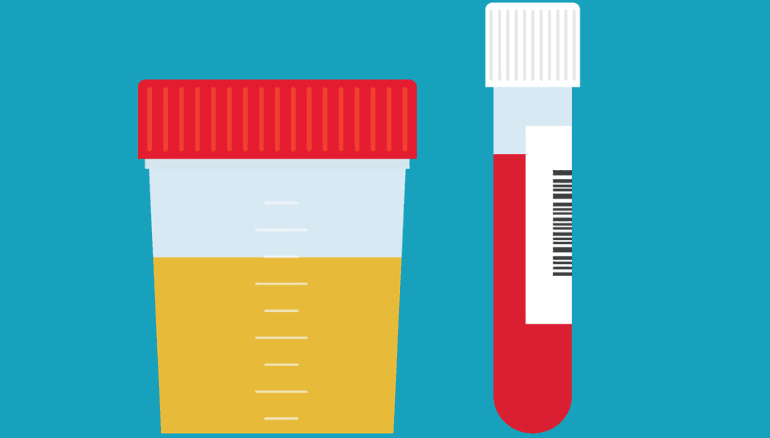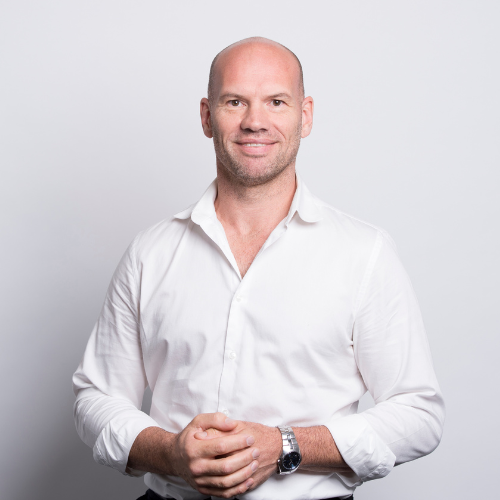Question
How do I get tested for sexually transmitted infections?
Answer
There are about 20 infectious diseases that you can catch from sexual contact. Some of them have no obvious signs or symptoms but can have serious consequences for your health. So, if you’re sexually active, it might be appropriate for you to get tested for sexually transmitted infections (STIs).
You can talk to your general practitioner about getting tested for STIs. Just mention it when you turn up for an appointment and they can sort it out straight away.
The other way of getting tested for STIs is to visit a sexual health clinic. These are located all around Australia and some of them provide testing for free.
The types of infections that you should get tested for, and how often you should get tested, depend on your personal circumstances. Some populations are more at risk of STIs than others, and some situations can influence your risk. That’s why it’s important for you to provide an honest ‘sexual history’ to your doctor, so the right tests are done.
A sexual history just involves a health professional asking you about your sexual partners and behaviours. This can be embarrassing for some people, but health professionals won’t judge you.
Depending on the STI tests you need, you might have to provide a urine sample, a blood sample, or swabs from your throat, penis and anus.
It takes about a week to get the results of STI tests. If you have an STI, you should let any recent sexual partners know, so they can get tested and treated if need be.
STI treatments are usually straightforward. Some can’t be cured but medication is available to help manage them. Untreated STIs place you and any of your sexual partners at risk. Getting tested will give you peace of mind and ensure that you can have a healthy and satisfying sex life.












